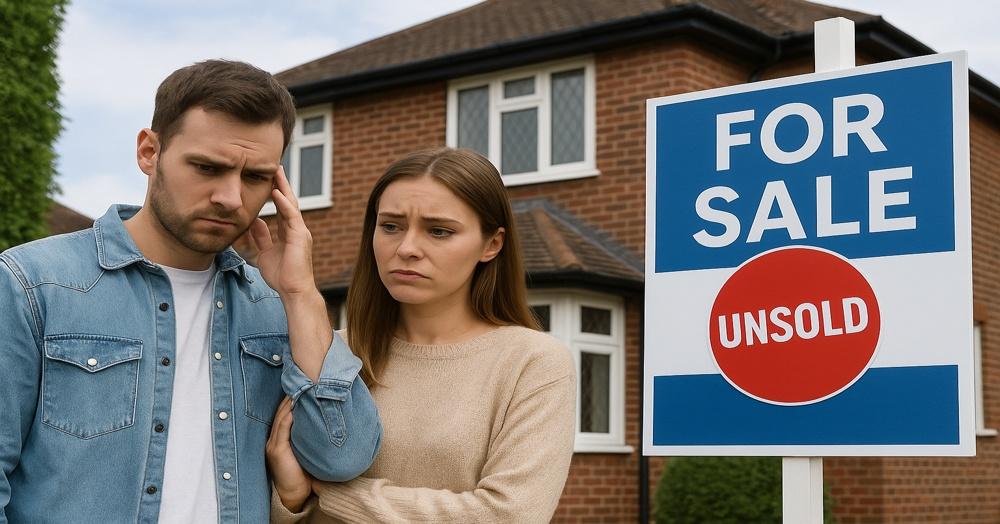
Why Overvaluing Your Home Can Cost You Thousands
It’s natural to want the best possible price for your home. After all, it’s likely your most valuable asset, and the market has seen plenty of ups and downs over the past few years.
But when you’re choosing which agent to sell with, it’s easy to be swayed by the highest valuation figure. Some agents still inflate prices to win instructions, knowing they can reduce it later. Unfortunately, this strategy often backfires, costing sellers both time and money.
As we move through autumn 2025, with buyers becoming more cautious and supply levels rising slightly, realistic pricing is more important than ever.
What Happens When a Home Is Overvalued
When a home first launches to market, the first two to three weeks are critical. This is when your listing is freshest, when buyer alerts are triggered, viewings are booked and momentum builds.
If your price is set too high, two things happen
1. You miss your strongest window of exposure.
Buyers who could afford your property never even see it in their search results because it falls outside their filter range. The result? Fewer viewings, slower interest, and an early sense that “something’s not quite right.”
2. It quickly becomes ‘stale’.
After a few weeks with limited activity, price reductions begin. Buyers notice. When a listing lingers on the market or drops in price, it sends a message, even if nothing’s wrong with the home itself. They start to wonder why it hasn’t sold yet.
By the time you adjust the price to where it should have been, that initial wave of excitement has passed and you may need to accept lower offers just to get the sale back on track.
Overvaluation doesn’t just waste time, it can undermine trust. Buyers who notice price reductions often believe there’s room for further negotiation. Some will offer far below the asking price, assuming the seller is desperate to move.
Ironically, homes priced correctly from day one often achieve higher final sale prices. They attract more serious interest early, generate stronger offers, and can even spark competition between motivated buyers.
Think of it this way
A well-priced home creates urgency. An overpriced one creates doubt.
How to Know If Your Home Is Priced Right
A good valuation is never just a guess, it’s a balance of data, demand and timing. The best agents will:
• Use recent comparable sales (not just asking prices)
• Factor in current buyer sentiment and competition
• Consider the season, for example, fewer buyers but higher intent in late autumn
• Advise a pricing strategy that encourages offers, not silence
If an agent gives you a figure that feels too good to be true, it might be. Always ask what evidence supports it and how they plan to achieve it in your timeframe.
Your home’s market value is determined by buyers, not by an asking price. The goal isn’t to start high and “see what happens,” but to launch strong, attract genuine buyers, and create momentum that leads to the best outcome.
Selling in today’s market requires realism, strategy, and guidance.
If you’re considering a move soon, book a no-obligation valuation with our team. We’ll show you what similar homes are achieving right now and how to position your property for the best possible result, without risking your sale through overvaluation.
Because when it comes to selling, getting it right from day one makes all the difference.